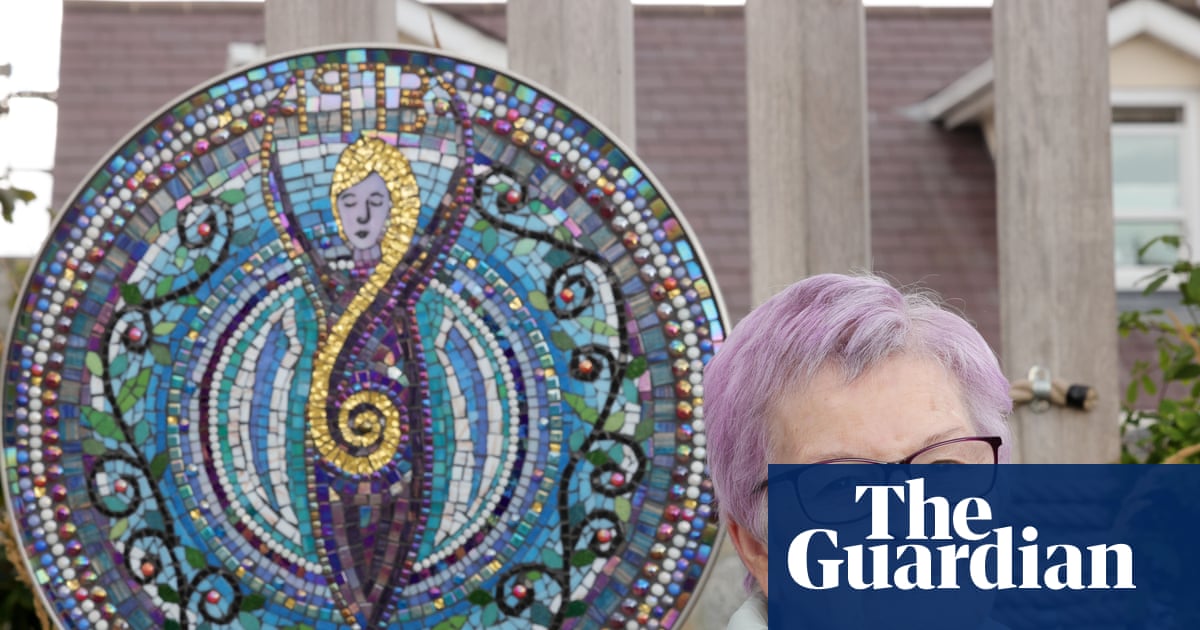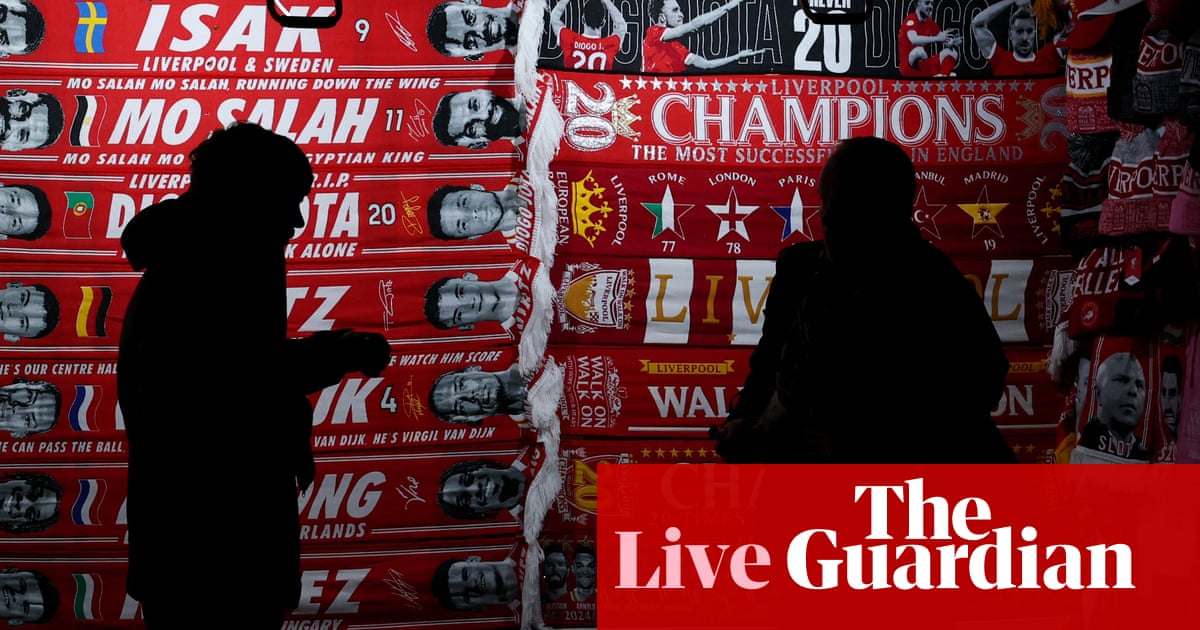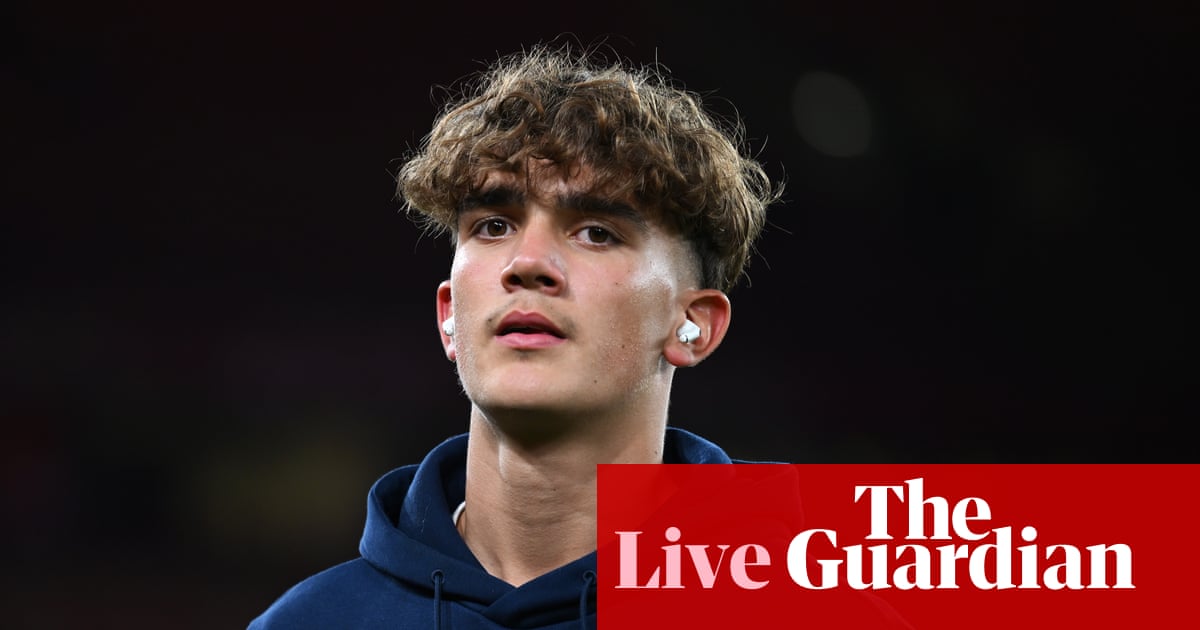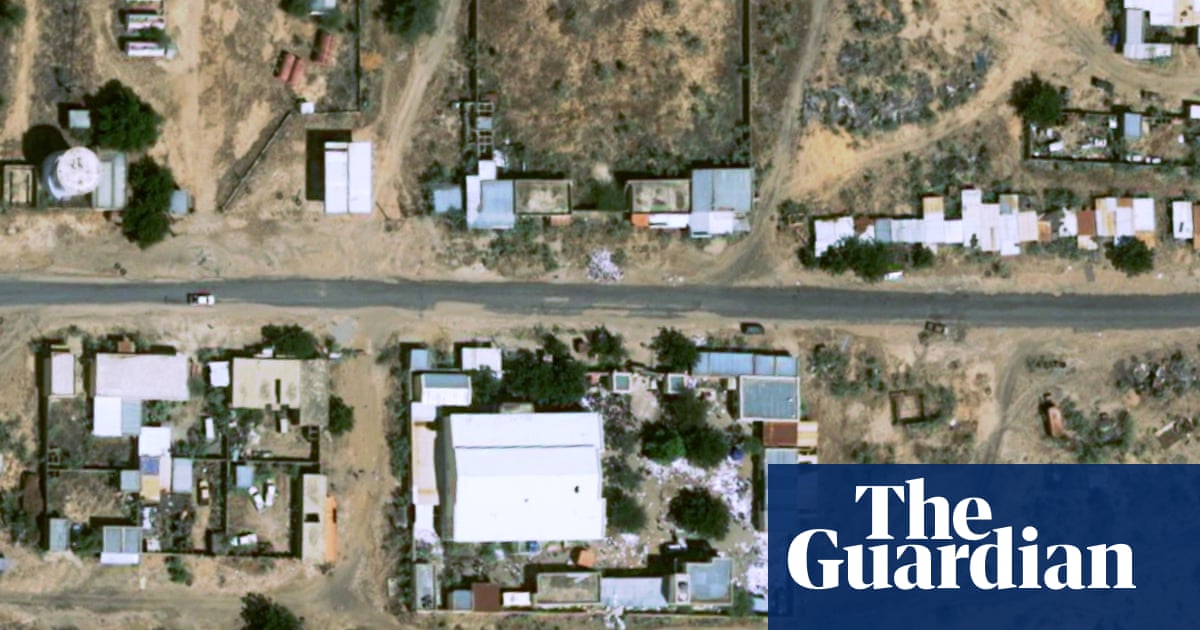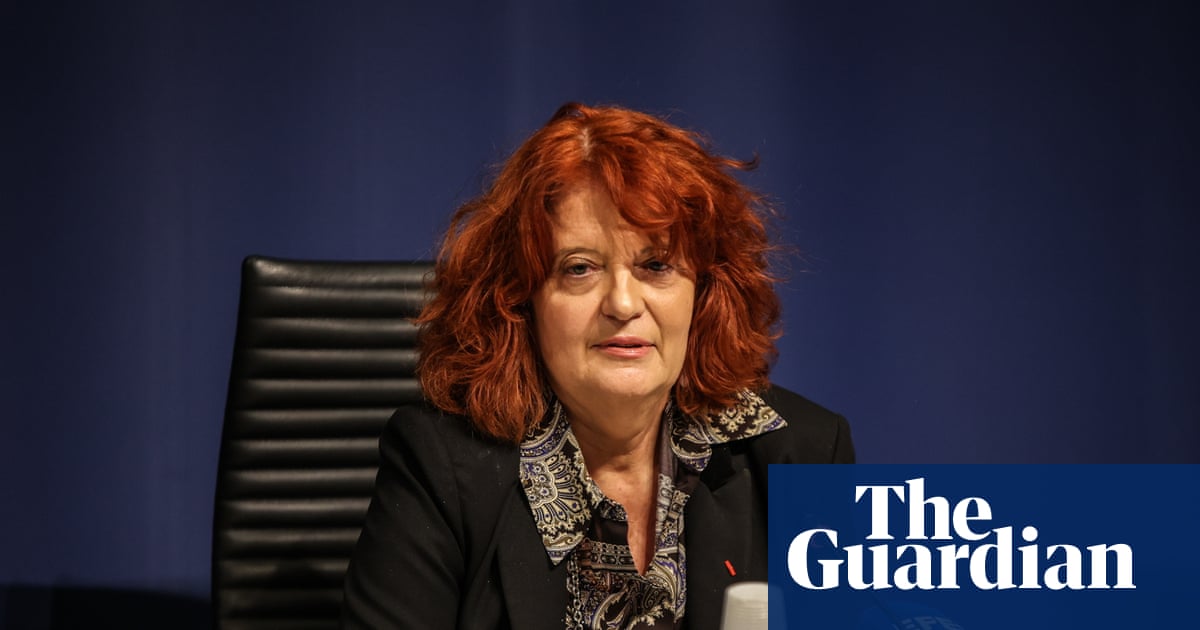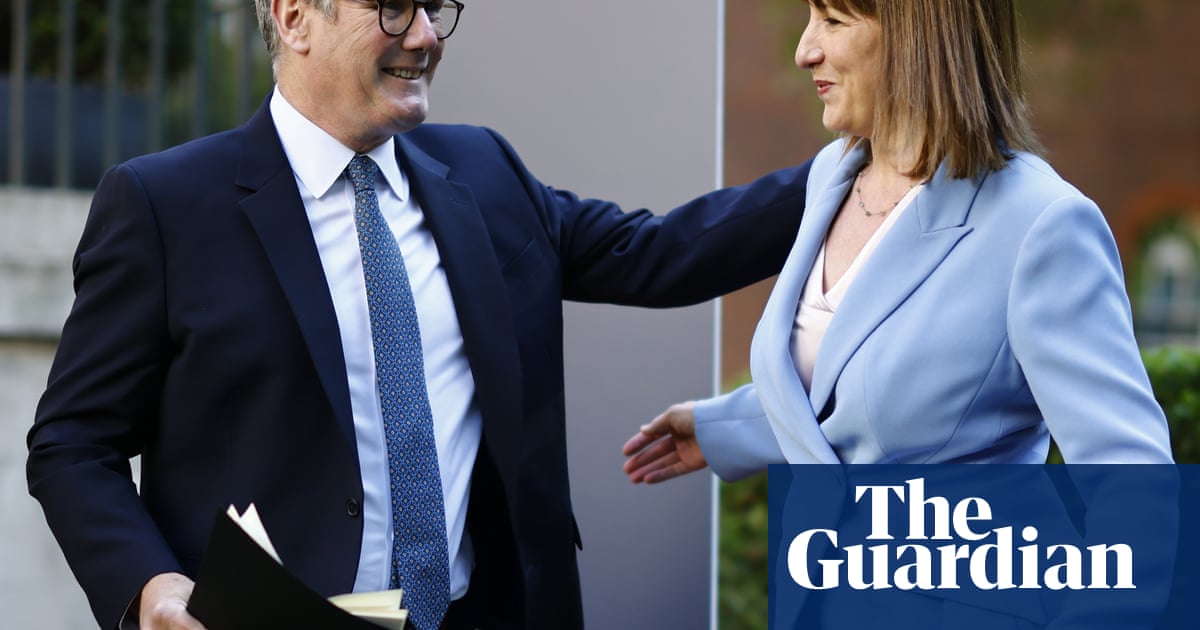FKA twigs has reached a settlement with Shia LaBeouf over her lawsuit for sexual battery.
According to legal documents first obtained by Us Weekly, the English musician whose legal name is Tahliah Barnett, filed to end her lawsuit against her ex-boyfriend with prejudice, meaning she cannot refile the claims in the future.
The 37-year-old singer sued LaBeouf in 2020 for sexual battery, assault and infliction of emotional distress, alleging a pattern of “relentless” abuse. In the suit and in an interview with the New York Times, Barnett said LaBeouf, whom she dated from 2018 t0 2019 after meeting on the set of his semi-autobiographical film Honeyboy, knowingly exposed her to a sexually transmitted infection, attempted to strangle her and slammed her against a car. LaBeouf denied all allegations of wrongdoing.
Barnett’s lawyer, Bryan Freedman, and LaBeouf’s lawyer, Shawn Holley, released a joint statement on the settlement: “Committed to forging a constructive path forward, we have agreed to settle our case out of court. While the details of the settlement will remain private, we wish each other personal happiness, professional success and peace in the future.”
The case had dragged on for years with little movement, with both sides going back and forth over the production of text messages and other evidence. It was originally scheduled to go to trial last year, but was postponed multiple times.
In 2024, LaBeouf, 39, revealed that Barnett was seeking $10m, a number his team attempted to dismiss as excessive, citing Barnett’s continued music career. In a statement, his lawyer also cited Barnett’s role in the 2024 film The Crow, a modeling campaign for Calvin Klein and appearances in magazines such as Elle and British Vogue as evidence against the damages sought.
At the time, Barnett’s lawyer responded: “While my client was led to believe that LaBeouf was on a path of taking responsibility and working a program, it is clear he intends his pattern of continuing to abuse the victim.
“Any suggestion that FKA Twigs’ emotional distress should be discounted because of any career success is preposterous and discounts the idea that victims should have hope for the future,” he added. “Logically, without the trauma that she has suffered, I can only imagine the level of success she would have achieved by now.”
In a separate filing, her lawyer disputed LaBeouf’s claim that the singer was thriving due to the success of her career. “[LaBeouf] argues that if [twigs] is working and making income, then she does not suffer from emotional distress. This is simply not true,” the filing read. “A person’s ability to make money, particularly how much money, is not correlated to a person’s emotional distress damages.”
In her interview with the Times, Barnett said she came forward publicly to show how even a critically acclaimed artist with money and a support network can experience domestic abuse. “I’d like to be able to raise awareness on the tactics that abusers use to control you and take away your agency,” she said at the time. The Times also interviewed another former girlfriend of LaBeouf’s, who described a similar pattern.
Before the court case, LaBeouf responded broadly to the two women’s stories: “I’m not in any position to tell anyone how my behavior made them feel,” he said in an email to the New York Times. “I have no excuses for my alcoholism or aggression, only rationalizations. I have been abusive to myself and everyone around me for years. I have a history of hurting the people closest to me. I’m ashamed of that history and am sorry to those I hurt. There is nothing else I can really say.”
LaBeouf went on to star in Abel Ferrara’s 2022 film Padre Pio, as well as Francis Ford Coppola’s critically panned opus Megalopolis, released in 2024. This year, he appeared in the boxing drama Salvable.
Barnett’s latest album, Eusexa, was released in January. The Guardian described it as “a hymn to the healing power of the dancefloor”.

 3 months ago
43
3 months ago
43


